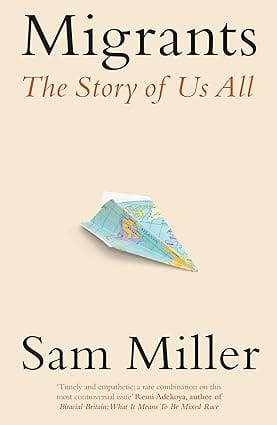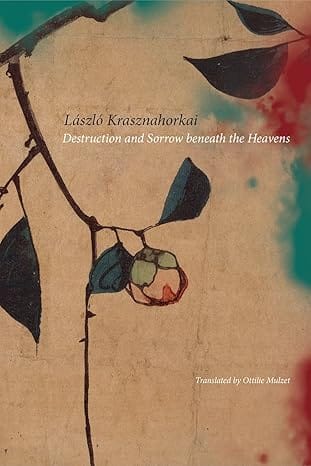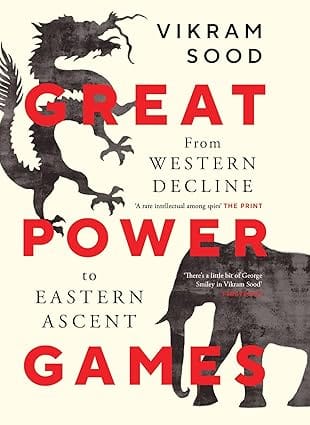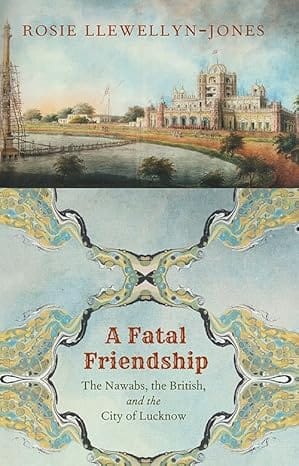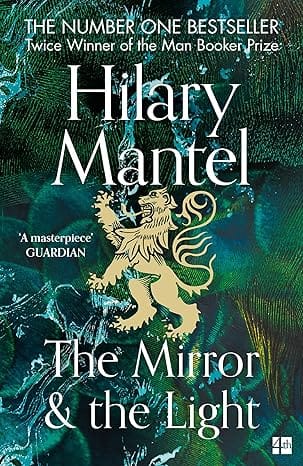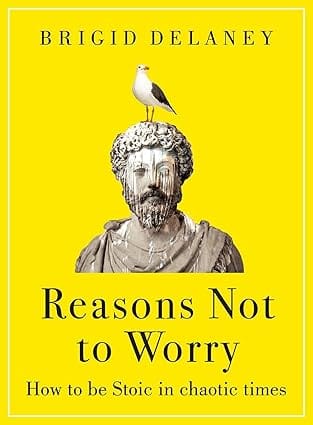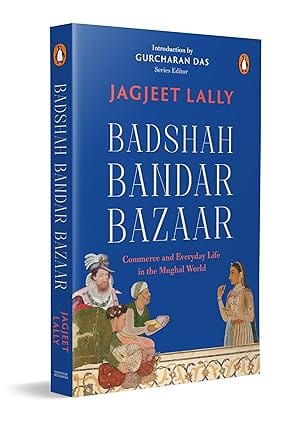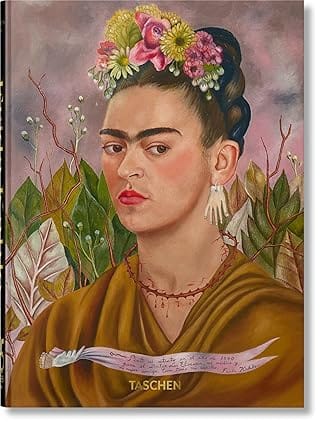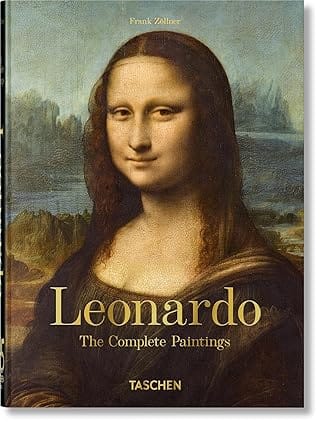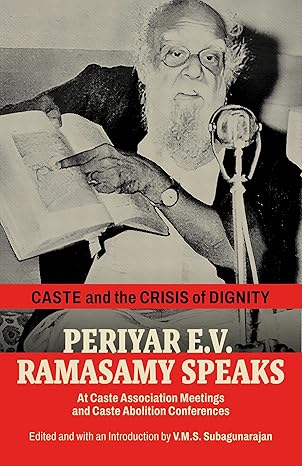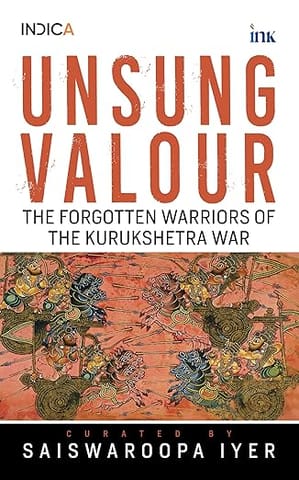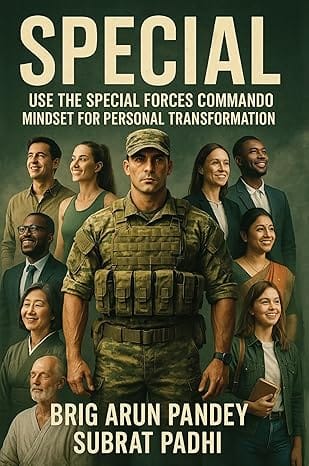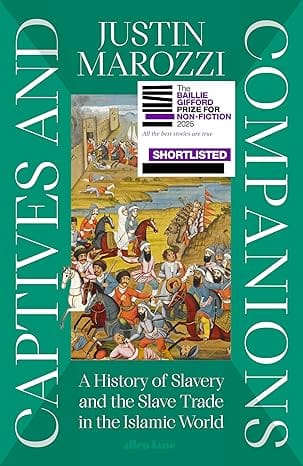- Non-ficton
- Non-ficton
- Contemporary Fiction
- Contemporary Fiction
- Children
- Children
- Comics & Graphic Novels
- Comics & Graphic Novels
- Non-Fiction
- Non-Fiction
- Fiction
- Fiction
Review
Tremendous: blends the personal and the panoramic to great effect, reminding us - in narrating epic migration stories from Aeneas to the Windrush - that the human urge to move about in search of a better life is as old and natural as time itself - Robert Winder, author of Bloody Foreigners: The Story of Immigration to Britain --This text refers to an alternate kindle_edition edition.
Book Description
About the Author
From the Back Cover
We are all descended from migrants
Humans are, in fundamental ways, a migratory species, more so than any other land mammal. For most of our existence as a species, we were all nomads, and some of us still are. Houses and permanent settlements are a relatively late development - dating back little more than twelve thousand years. Borders and passports are much more recent. From the Neanderthals, Alexander the Great, Christopher Columbus and Pocahontas to the African slave trade, Fu Manchu, and Barack Obama, Migrants shows us that it is only by understanding how migration and migrants have been viewed in the past, that we can re-set the terms of the modern-day debate about migration.
Migrants presents us with an alternative history of the world, in which migration is restored to the heart of the human story. And in which humans migrate for wide range of reasons: not just because of civil war, or poverty or climate change but also out of curiosity and a sense of adventure. On arrival, migrants are expected both to assimilate and encouraged to remain distinctive; to defend their heritage and adopt a new one. They are sub-human and super-human; romanticised and castigated, admired and abhorred. Migrants tells us that this is not a new narrative; this is the history of us all, part of everybody's backstory - for those who consider themselves migrants and those who do not.
From the Inside Flap
We are all descended from migrants
Humans are, in fundamental ways, a migratory species, more so than any other land mammal. For most of our existence as a species, we were all nomads, and some of us still are. Houses and permanent settlements are a relatively late development - dating back little more than twelve thousand years. Borders and passports are much more recent. From the Neanderthals, Alexander the Great, Christopher Columbus and Pocahontas to the African slave trade, Fu Manchu, and Barack Obama, Migrants shows us that it is only by understanding how migration and migrants have been viewed in the past, that we can re-set the terms of the modern-day debate about migration.
Migrants presents us with an alternative history of the world, in which migration is restored to the heart of the human story. And in which humans migrate for wide range of reasons: not just because of civil war, or poverty or climate change but also out of curiosity and a sense of adventure. On arrival, migrants are expected both to assimilate and encouraged to remain distinctive; to defend their heritage and adopt a new one. They are sub-human and super-human; romanticised and castigated, admired and abhorred. Migrants tells us that this is not a new narrative; this is the history of us all, part of everybody's backstory - for those who consider themselves migrants and those who do not.
Migrants The Story Of Us All
SIZE GUIDE
- ISBN: 9780349144443
- Author: Sam Miller
- Publisher: Abacus Books
- Pages: 448
- Format: Paperback
Book Description
Review
Tremendous: blends the personal and the panoramic to great effect, reminding us - in narrating epic migration stories from Aeneas to the Windrush - that the human urge to move about in search of a better life is as old and natural as time itself - Robert Winder, author of Bloody Foreigners: The Story of Immigration to Britain --This text refers to an alternate kindle_edition edition.
Book Description
About the Author
From the Back Cover
We are all descended from migrants
Humans are, in fundamental ways, a migratory species, more so than any other land mammal. For most of our existence as a species, we were all nomads, and some of us still are. Houses and permanent settlements are a relatively late development - dating back little more than twelve thousand years. Borders and passports are much more recent. From the Neanderthals, Alexander the Great, Christopher Columbus and Pocahontas to the African slave trade, Fu Manchu, and Barack Obama, Migrants shows us that it is only by understanding how migration and migrants have been viewed in the past, that we can re-set the terms of the modern-day debate about migration.
Migrants presents us with an alternative history of the world, in which migration is restored to the heart of the human story. And in which humans migrate for wide range of reasons: not just because of civil war, or poverty or climate change but also out of curiosity and a sense of adventure. On arrival, migrants are expected both to assimilate and encouraged to remain distinctive; to defend their heritage and adopt a new one. They are sub-human and super-human; romanticised and castigated, admired and abhorred. Migrants tells us that this is not a new narrative; this is the history of us all, part of everybody's backstory - for those who consider themselves migrants and those who do not.
From the Inside Flap
We are all descended from migrants
Humans are, in fundamental ways, a migratory species, more so than any other land mammal. For most of our existence as a species, we were all nomads, and some of us still are. Houses and permanent settlements are a relatively late development - dating back little more than twelve thousand years. Borders and passports are much more recent. From the Neanderthals, Alexander the Great, Christopher Columbus and Pocahontas to the African slave trade, Fu Manchu, and Barack Obama, Migrants shows us that it is only by understanding how migration and migrants have been viewed in the past, that we can re-set the terms of the modern-day debate about migration.
Migrants presents us with an alternative history of the world, in which migration is restored to the heart of the human story. And in which humans migrate for wide range of reasons: not just because of civil war, or poverty or climate change but also out of curiosity and a sense of adventure. On arrival, migrants are expected both to assimilate and encouraged to remain distinctive; to defend their heritage and adopt a new one. They are sub-human and super-human; romanticised and castigated, admired and abhorred. Migrants tells us that this is not a new narrative; this is the history of us all, part of everybody's backstory - for those who consider themselves migrants and those who do not.
User reviews
NEWSLETTER
Subscribe to get Email Updates!
Thanks for subscribing.
Your response has been recorded.

India's Iconic & Independent Book Store offering a vast selection of books across a variety of genres Since 1978.
"We Believe In The Power of Books" Our mission is to make books accessible to everyone, and to cultivate a culture of reading and learning. We strive to provide a wide range of books, from classic literature, sci-fi and fantasy, to graphic novels, biographies and self-help books, so that everyone can find something to read.
Whether you’re looking for your next great read, a gift for someone special, or just browsing, Midland is here to make your book-buying experience easy and enjoyable.
We are shipping pan India and across the world.
For Bulk Order / Corporate Gifting
 +91 9818282497 |
+91 9818282497 |  [email protected]
[email protected]
Click To Know More
INFORMATION
QUICK LINKS
ADDRESS
Shop No.20, Aurobindo Palace Market, Near Church, New Delhi

